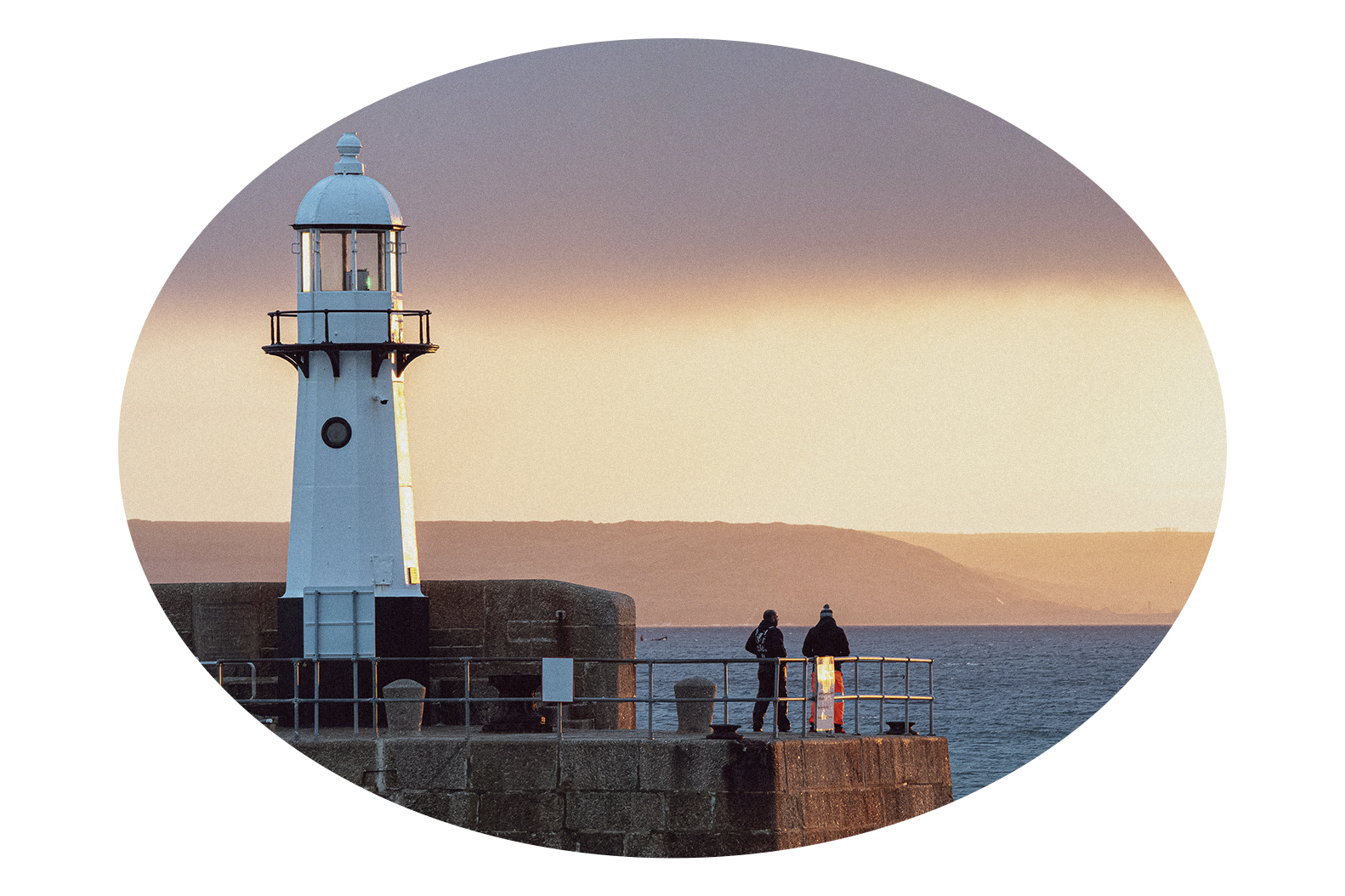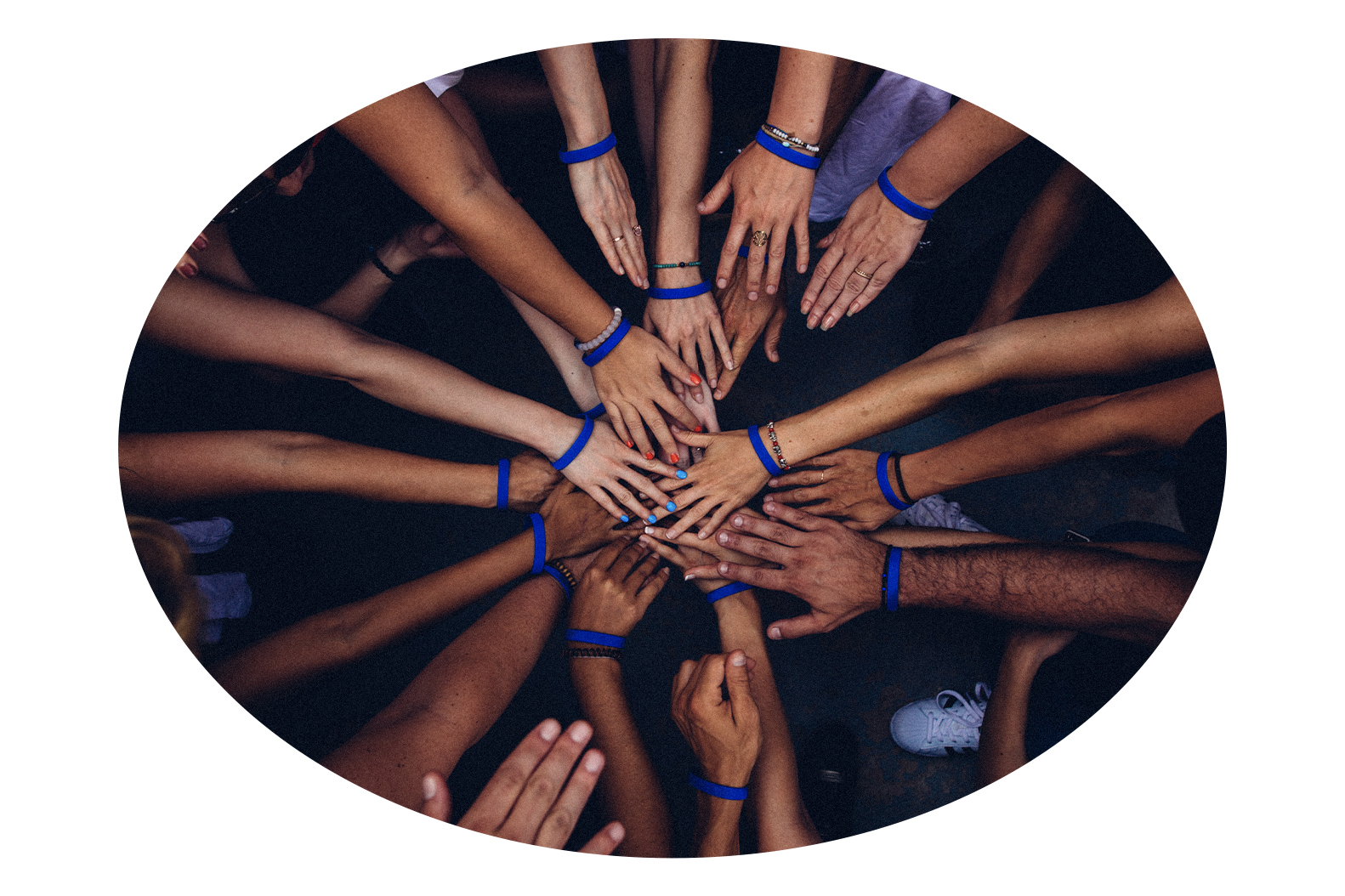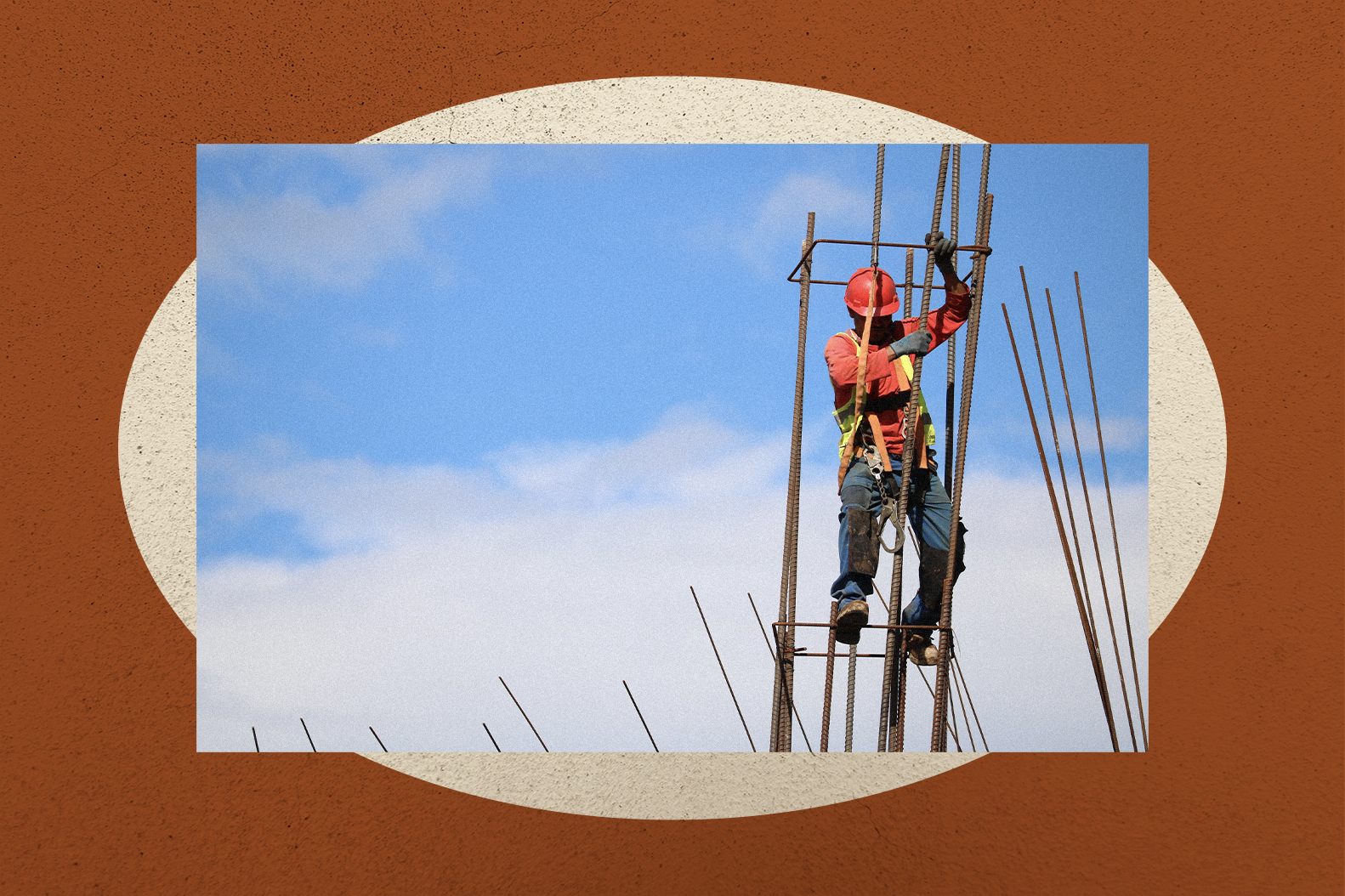As Singapore grapples with the ballooning outbreak in migrant worker dormitories, we’ve been given a rude awakening to the kind of dilapidated conditions and inequalities our migrant workers face.
But are we going to be doing anything else besides just debating and complaining? I worry the outcry and calls to action are just momentary solidarity for a people who have long been a part of Singapore’s society.
At this rate, I am not optimistic that things are going to change. So I think the real question is, what will we do about it?
To get the ball rolling, I would like to share the story of my friendship with a migrant worker I befriended before the circuit breaker.
I hope it gets us thinking about how each one of us can reach out to the folks who help build our nation.
BEFRIENDING SALVOM
I met a migrant worker during my National Service (NS). His name is Salvom, and he hails from Chennai, India.
For most of my NS, I was posted offshore to a lighthouse. It was a posting that often reminded me of our calling to be a light that glorifies God (Matthew 5:16).
Salvom was also taking care of the area. We would run into each other, and that was how our friendship was forged over the two years at the lighthouse.
I knew that none of this was by chance. I had a passion for befriending migrant workers, a deep interest in Indian cultures and cuisines as well as a personal desire to make NS a meaningful season.
So l made the first step to connect with Salvom.
How can anyone experience the love and light of Christ if you do not make time to show them?
We started talking after I asked him for his name and which country he came from.
And as I wanted to learn how to prepare Indian curry, I also used the opportunity to get to know him as he demonstrated how to cook it.
After that, whenever we met on the lighthouse, he would always leave some curry for me. We would also ask each other if we had eaten.
As time passed, our face-to-face and text conversations became much more comfortable. We continued to deepen our friendship over WhatsApp.
Eventually, I introduced a friend of mine to him. And likewise, he introduced one of his friends to us.

While making time for friends is hard enough for the average Singaporean, it is much tougher on Salvom’s end.
He works on some weekends, and has to take leave or ask for permission before we can confirm a meetup.
Through catching up on the mainland, I wanted to build our friendship and introduce more friends to him. I also desired to bring more of God’s love into his life through spending time together.
After all, how can anyone experience the love and light of Christ if you do not make time to show them?
So our first meetup was for a Christmas lunch at Little India in 2018. That was also when we met Salvom’s friend.
Since then, we have met on other occasions. We make an effort to find time to meet up, especially on public holidays so Salvom doesn’t have to take leave.
My family also opened up our home to Salvom for dinner earlier this year, to give him a taste of what it is like to be in a Singaporean household.
We wanted to make him feel at home, especially so when we considered the fact that his homeland is nearly 7,000 kilometres away!
And as recently as last week, my cell and church mates came together to celebrate Salvom’s birthday through an online call.
We blessed him with a birthday song, and spent some time talking to him and getting to know him better.
It was a joyous occasion, and Salvom shared with us how enjoyable the time was, and how blessed he is to have more international friends!
Salvom is fortunate to still be employed despite COVID-19 and the circuit breaker, as his company managed to apply for a contract that allows him to continue working.
But as important as income is to our migrant workers, their own mental and physical health is just as crucial. So not being able to go out of his dormitory other than for work has had an impact on him.
His free time is spent sleeping or calling back home. There is nothing else he and his dormitory mates can do. There are strict social distancing measures enforced in their sleeping quarters too, such as wearing a face mask 24/7.
While we Singaporeans still have the freedom to go out to exercise or buy groceries and meals, our migrant workers have nowhere else to go other than their own rooms and if they are fortunate, their job sites.

My friendship with Salvom has been a blessing from God. It has given me an opportunity to meet migrant workers and better understand them.
It has taught me to reflect and consider diversity in the friends I have, and challenged me to be a reflection of the love and light of Christ in my life through my words and actions.
Through my friendship with Salvom, I hope to reflect the kind of heart Jesus is calling us to have in reaching out to our neighbours. And I hope it challenges us to consider how much more we can and should be doing for our migrant workers, as well as other groups like the poor and the widowed.
If the only course of action we take is to complain, or we simply stop at the awareness that such issues exist (and affects our migrant worker population more than us), then we as a society are not nearly doing enough – let alone the Body of Christ.
The Bible is filled with calls for us act justly and righteously towards the people who have been left behind in society.
We are called to share our bread with the hungry, bring the homeless poor into our house and cover the naked when we see them (Isaiah 58:6-7).
We are called to do justice, love kindness and to walk humbly with our God (Micah 6:8 ESV).
In the New Testament, James writes that “religion that God our Father accepts as pure and faultless is this: to look after orphans and widows in their distress and to keep oneself from being polluted by the world” (James 1:27 ESV).
Jesus Christ’s ministry did not leave out the outcast and lowly in society. He sought out foreigners like the Samaritan woman (John 4) and did not shun the lepers (Mark 1:40-45, Luke 17:11-19).
Shouldn’t we do likewise?
WHAT CAN WE DO?
The underprivileged and alienated in society require us to act, not offer mere speeches and opinions. And we do not have to upend the entire system to begin helping them.
We can start by befriending them and building relationships. That for a start makes a great difference to them.
And let’s not forget the gift of prayer – we can pray for our migrant worker friends. When was the last time you prayed for the migrant workers? When we pray, we are inviting the Most High God to work in their situations!
Are we convinced of the need to act? Or are we comfortable with doing nothing, standing on the sidelines and rallying for change – but not moving to action?
COVID-19 will pass, but many of these inequalities that have surfaced in our society will not.
This world needs the gospel. As believers, we should trailblaze and model the heart our world should have towards the underprivileged and lowly.
We must not, at any point, be comfortable with just going to church. We must not turn a blind eye to people struggling to make ends meet or those without a roof over their heads.
As we wait for Jesus to return, to wipe away every tear and right every wrong, let us be found faithful to His call.
Let us act justly, love mercy and walk humbly with our God.
- Are you friends with a migrant worker?
- How might you bless him or her? Or what is one way you might befriend one?
- Meditate on Micah 6:8. What might God be saying to you?









